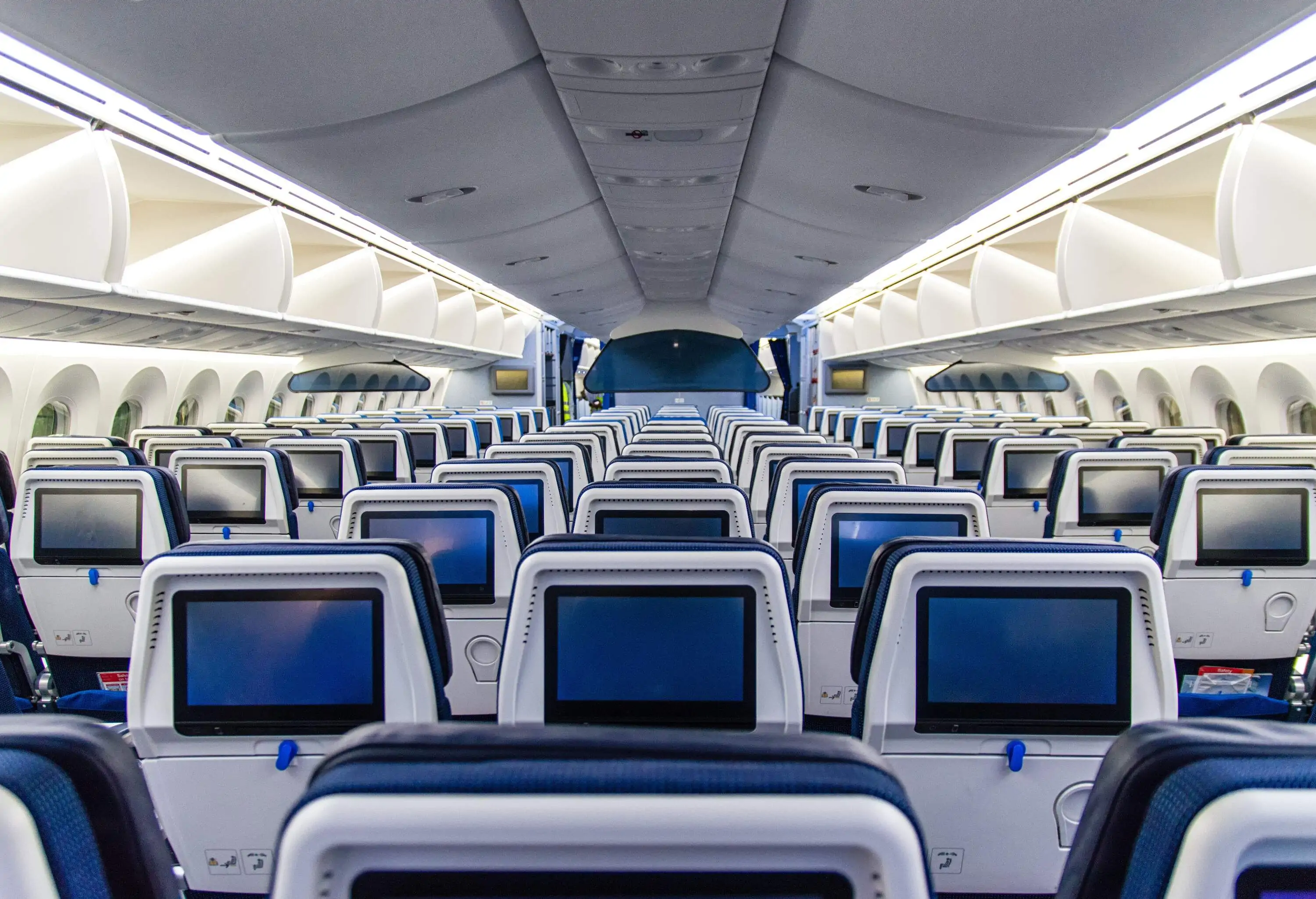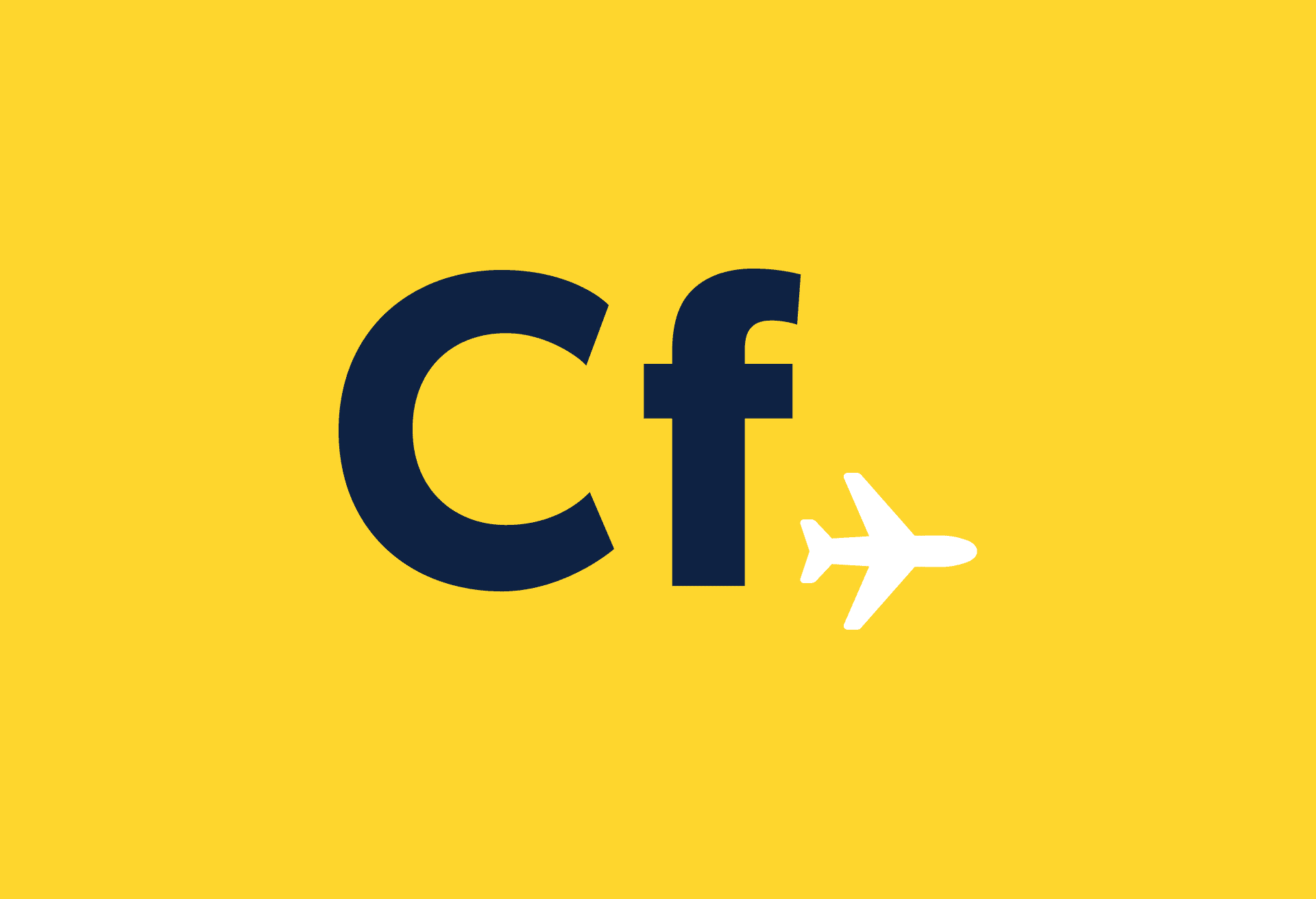The end of the first month of this New Year ushers in some important consumer protection rules. Among other things, these rules are:
- Designed to make baggage fees more predictable.
- Aimed at making airlines let you know fast when a flight’s delayed for 30 minutes or longer.
- Designed to ban post-purchase ticket price hikes.
- Requiring that carriers include all taxes and fees in their advertised fares.
The first three regs click in Jan. 24, the one about full-fare advertising Jan. 26.
Let’s tackle that last rule first. It’s the most critical one. The Department of Transportation says the way things stand, “Carriers currently may exclude government taxes [and] fees imposed on a per-passenger basis” from its advertised fares.
FlyersRights.org founder Kate Hanni helped push the new consumer-protection regulations. She contends, “The full-fare advertising [regulation] is the most important thing. People [have been] given the illusion of a lower fare up until they hit the purchase button.”
She believes those $49 and $79 large-print rates are what automatically attract fliers’ attention, and that illusion becomes perception. Despite the fact that ads note taxes and fees aren’t included, “often…[they] don’t say how much the taxes are.”
The new reg is aimed at erasing any confusion. DOT says the rule “Prohibits carriers and ticket agents from advertising fares that are not the full fare and imposes stringent notice requirements in connection with the advertisement of ‘each way’ fares available for purchase only on a round-trip basis. “
Consumer advocates believe the measures are a triumph of substance over smoke and mirrors, a straightforward way of banishing illusion and confusion in one fell swoop.
Among the other things that irked FlyersRights.org: Some carriers changing the price of a ticket after it had already been purchased. It’s happened, and it absolutely infuriates fliers. New strictures ban the practice. DOT says after the new rule goes into effect Jan. 24, the only way an airline can increase prices after you’ve bought a ticket is if the rate hike “is due to an increase in government-imposed taxes or fees,” and then “only if the passenger was provided full disclosure for the potential for the increase.”
Bag fees are a bellyache for travelers. Don’t expect the practice to go away. The airlines are making far too much money off charging money to load your luggage into the bellies of their airplanes. But a new DOT rule that takes hold “Requires U.S. and foreign air carriers to disclose changes in bag fees [and] allowances on their homepage for three months.”
Then there’s the matter of letting you know when your flights been delayed, giving you enough of a heads-up so you can exercise some options. Airlines will be required to tell passengers within half-an-hour if their flight has been delayed 30 minutes or more.
Hanni says she arrived at the airport “and had to cool my heels for four hours” – this when the flight she was catching was just a short hop down the California coast. “Had I known about the flight delay, I could have had a really fast trip [into the airport by car] a couple of hours later and gotten right on the flight.”
And so it is that DOT’s new rules focus on accessible, above-board information – on carriers communicating to customers in a timely, understandable fashion just what’s happening to their flight, their bags, and their fortunes.
Will these new rules make a difference in how you travel and how much you spend? Let us know.
Story by Jerry Chandler
(Image: Expedia.com)



